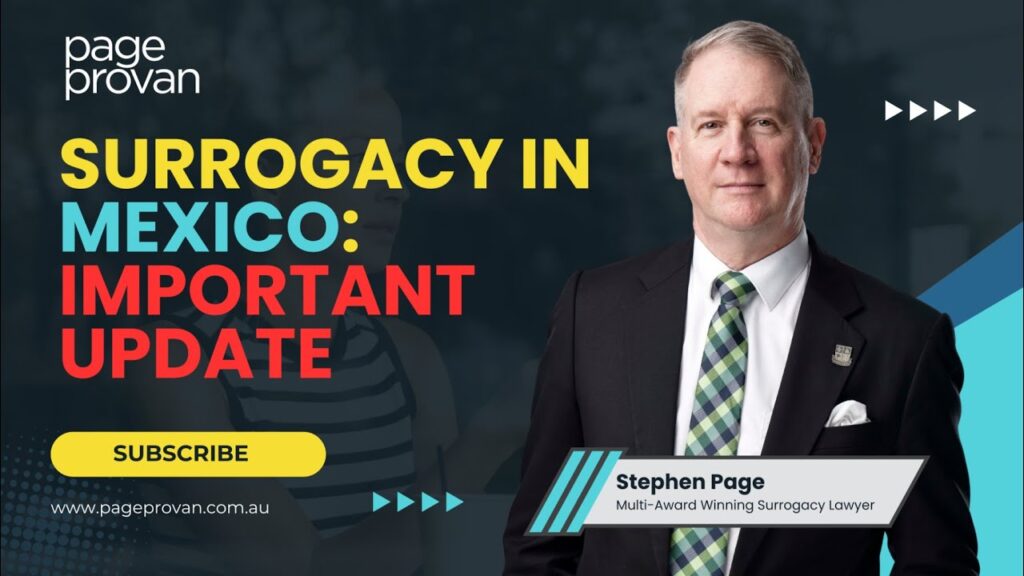Full Court: no need to intervene but give evidence if money owed to you
In the recent Full Court of the Family Court case of Baldwin and Baldwin, there were three main issues:
- whether the husband’s mother and brother should have intervened in the proceedings;
- what debts should be included in the asset pool; and
- whether a tax debt should be included.
1. Affidavit or intervention?
It is common for family members to swear affidavits in property settlement proceedings about money owing to them. It is less common that they will intervene. In this case the mother and brother gave evidence, but did not intervene.
It was alleged that money was owing by the husband to the trust controlled by his brother and mother. Counsel for the wife criticised them for not intervening, a point accepted by the trial judge.
The Full Court held:
We agree with Senior Counsel for the husband that it was unnecessary for the husband’s mother and brother to have intervened in the proceedings to protect the debts owed to their trust, and that it was an error for his Honour to have taken this consideration into account as he appears to have done when determining not to include the debts in question in his calculation of the net value of the parties’ property.
2. What debts?
An was as to the amount owing to the husband by a family trust, and whether that should be balanced by a debt owing to a related entity. The court held:
- While we recognise that there are good arguments for taking into account in the calculation of the net value of the parties’ property both the husband’s loan account with the A Baldwin Trust and the debts owed to that trust by the parties’ company, nevertheless, we propose in the exercise of our discretion not to do so in our re-determination of this case.
- This is not only because the debts to the trust are legally the responsibility of the company and not of the parties personally, but also, more importantly, because we cannot be satisfied that the company may not have some capacity itself to repay some of the debts. We note in this regard that in the document prepared by the wife’s counsel, Mr North SC, which contained the schedule of the parties’ assets (which his Honour adopted), there is also included a schedule of the company’s assets and liabilities. That schedule (which we do not consider necessary to set out) indicates that the company may have funds in the order of $685,000.00 which could be used to satisfy part of its liability to the trust.
- Moreover, we consider that if in determining the value of the parties’ property we were to take into account a liability of the company, it would also be necessary to take into account any assets it has. While there is some indication of such assets in Mr North SC’s schedule of the company assets and liabilities, we do not consider that we have the necessary supporting evidence to allow us to do this. Furthermore, we understood from our discussion with counsel at the hearing of the appeal, that the case was not run at trial on the basis that the company structure could be completely ignored, in the sense that all its assets and liabilities could simply be regarded as the assets and liabilities of the parties.
- Once we have determined that we cannot safely take into account the liability of the company to the trust, it follows from what we have said earlier, that we cannot take into account as an asset of the parties, the husband’s loan account with the trust. However, given that the expert’s evidence was that if loans to the trust (including the company’s loan) were not repaid in full, then it was unlikely the husband would receive the full – and we emphasise “the full” – balance of the loan owing to him, and given also the expert’s evidence concerning the book values of the trust at over $4.5 million, we would be prepared to take into account in our consideration of the s 75(2) matters, the likelihood that the husband will receive at least some of his loan account at some time.
3. Personal tax- or for the benefit of the parties?
The husband owed just under $120,000 in outstanding income tax. Some of this related to the period before separation. The trial judge did not take it into account, as he said it was the husband’s personal tax liability and that the husband should have paid it:
In the course of the oral submissions of the husband’s solicitor, his Honour queried why the tax liability should be deducted in the calculation of the net value of the parties’ property. The husband’s solicitor responded that it was because it had been incurred “while the parties were together”. His Honour responded that it was the husband’s “personal tax”, and he can be read as enquiring as to why the wife should be responsible for the interest and penalties which arose because the tax was not paid. The husband’s solicitor responded that his client had not been in a position to lodge a tax return as he never had the money to pay the tax.
The Full Court held that the tax debt had to be taken into account:
His Honour’s reason for refusing to include the estimated tax liability in his calculation of the net value of the parties’ property was that it was the husband’s responsibility alone to pay the tax on the income (which was received from his family trust). We do not accept that that conclusion was open to his Honour in circumstances where there is no suggestion that any income actually received by the husband was used for the purposes other than the parties’ family and/or business (cf Parshen v Parshen (1996) FLC 92-720). To the extent that distributions from the A Baldwin Trust were not actually paid to the husband, these would now be represented in the husband’s loan account with the trust.(emphasis added)












